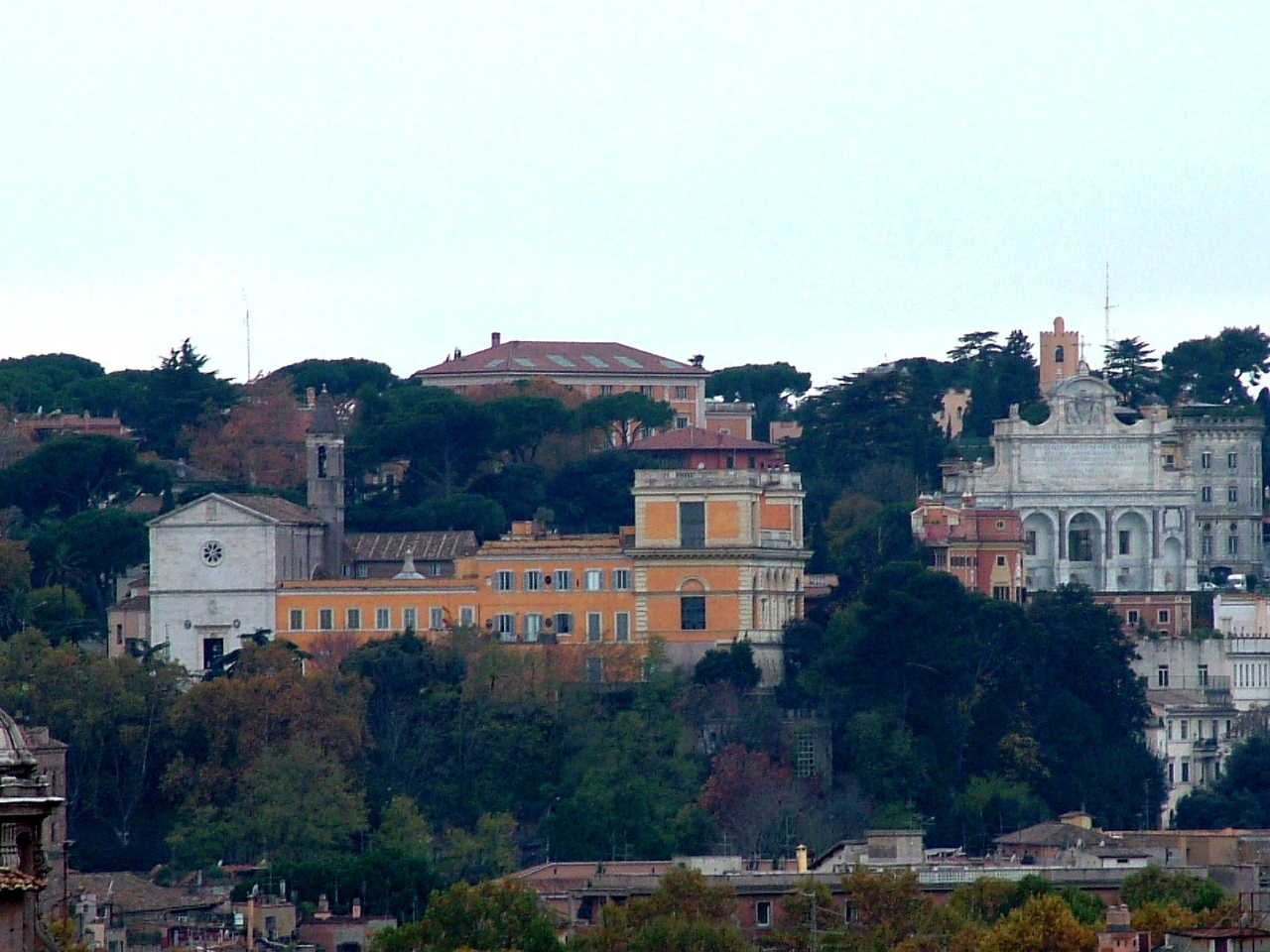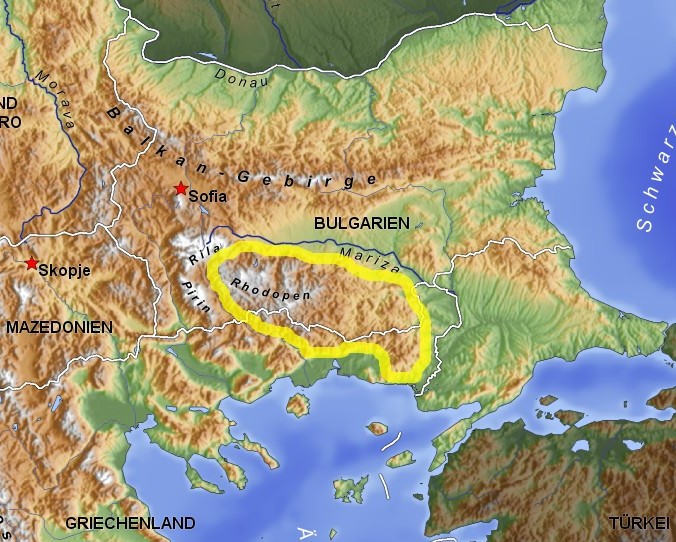|
Petko Voyvoda
Petko Kirkov Kaloyanov Петко Кирков (Каракирков, Киряков, Калоянов), better known as Captain Petko Voyvoda (Капитан Петко Войвода; 5 December 1844 – 7 February 1900) was a 19th-century Bulgarian hajduk leader and freedom fighter who dedicated his life to the liberation of Bulgaria (and, particularly, the region of Thrace). Petko Voyvoda was born in the Bulgarian village of Dogan Hisar, today Aisymi ( Evros regional unit, Greece). He married a Greek lady from Maronia in 1860. When a group of Turkish brigands attacked his wife, he fought and killed them all, including the leader of the bashibuzuks, Mehmed Kesedji Bey. Beginning in 1861 Petko began fighting against the Ottomans in the surrounding areas of Maroneia, Aisymi, Enos etc. He visited Italy in 1866, where he met Giuseppe Garibaldi, who became a close friend. Petko lived in Garibaldi's home for a few months. Garibaldi helped Petko organize the well-known "Gari ... [...More Info...] [...Related Items...] OR: [Wikipedia] [Google] [Baidu] |
Aisymi
Aisymi (Greek: Αισύμη, Bulgarian: Дуган Хисар, ''Dugan hisar'', tr, Doğanhisar) is a village in the southern part of the Evros regional unit, Greece. It is located next to the Greek National Road 53, about 20 km north of the city of Alexandroupoli. In 2011 its population was 193 for the village and 253 for the community, including the village Leptokarya. Population History Aisymi dates back to the ancient times as an ancient settlement. Like the rest of Western Thrace, it was ruled by the Ottoman Empire since the 14th century. It remained under Ottoman rule until the Balkan Wars of 1913. At that time, Aisymi (then known as ''Doğanhisar'', ''Dugan Hisar'' in Bulgarian) was a Bulgarian speaking village like many parts of today's Evros prefecture. The population in 1912 consisted of 400 Bulgarians. After a brief period of Bulgarian rule between 1913 and 1919, it became part of Greece. As a result its Bulgarian and Turkish population was exchanged with Gr ... [...More Info...] [...Related Items...] OR: [Wikipedia] [Google] [Baidu] |
Enez
Enez is a town and a district of Edirne Province, in Thrace, Turkey. The ancient name of the town was Ainos ( el, Αίνος), Latinised as Aenus. The mayor is Özkan Günenç ( CHP). The population is 10,886 as of 2018. Enez consists of an old town centre, backing on to the Meriç/Evros river forming the border with neighbouring Greece; the harbour and Pırlanta Beach, 3 km southwest across the lagoon; and Altınkum Sahili (Golden Sands Beach), another 2 km south, which has been developed as a resort strip mainly catering for domestic tourists. Despite Enez's proximity to the Greek border there is no crossing point by land here. To cross the border into Greece it is necessary to travel north to İpsala. Location The town is located on the left (eastern) bank of the river Meriç (Greek: Evros, historically the Hebrus) where its estuary broadens to flow into the Gulf of Saros (the ancient Melas Gulf) and so into the Aegean Sea. Enez occupies a ridge of rock surrounded by broad ... [...More Info...] [...Related Items...] OR: [Wikipedia] [Google] [Baidu] |
Janiculum
The Janiculum (; it, Gianicolo ), occasionally the Janiculan Hill, is a hill in western Rome, Italy. Although it is the second-tallest hill (the tallest being Monte Mario) in the contemporary city of Rome, the Janiculum does not figure among the proverbial Seven Hills of Rome, being west of the Tiber and outside the boundaries of the ancient city. Sights The Janiculum is one of the best locations in Rome for a scenic view of central Rome with its domes and bell towers. Other sights on the Janiculum include the church of San Pietro in Montorio, on what was formerly thought to be the site of St Peter's crucifixion; a small shrine known as the Tempietto, designed by Donato Bramante, marks the supposed site of Peter's death. The Janiculum also houses a Baroque fountain built by Pope Paul V in the late 17th century, the Fontana dell'Acqua Paola, and several foreign research institutions, including the American Academy in Rome and the Spanish Academy in Rome. The Hill is also the lo ... [...More Info...] [...Related Items...] OR: [Wikipedia] [Google] [Baidu] |
Strandzha (organization)
"Strandzha" was a revolutionary organization of immigrants from Eastern Thrace to Bulgaria, which existed from 1896 to 1900. It was founded as a legal organization in 1896 in Varna by immigrants led by Petko Kiryakov. Only two months later in December 1896 in Burgas was convened the Congress of the Thracian emigration in the country. Following a first Congress now united company "Strandzha", various initiatives taken place and received public recognition. To perform its task a secret revolutionary committee was founded. This subsidiary body had the task to support the organization and to send armed bands in Thrace. Once, in the next few years it sent several detachments in Strandzha and the Rhodopes. In 1899 the Supreme Macedonian Committee made to "Strandzha" the proposal for unification. This act was realized on the seventh Congress of Supreme Macedonian Committee (30 July-5 August 1900). The combined organization was called the Supreme Macedonian-Adrianople Committee.Друже� ... [...More Info...] [...Related Items...] OR: [Wikipedia] [Google] [Baidu] |
Kazanlak
Kazanlak ( bg, Казанлък , Thracian and Greek Σευθόπολις (''Seuthopolis''), tr, Kazanlık) is a Bulgarian town in Stara Zagora Province, located in the middle of the plain of the same name, at the foot of the Balkan mountain range, at the eastern end of the Rose Valley. It is the administrative centre of the homonymous Kazanlak Municipality. The town is among the 15 biggest industrial centres in Bulgaria, with a population of 44,760 people as of Dec 2017.Bulgarian National Statistical Institute – towns in 2017 It is the center of |
Stanislas Saint Clair
Stanislas Graham Bower Saint Clair (24 January 1835 in Vepriai – 24 January 1887 in Ligneuville), ''nom de guerre'' Hidayet pasha was a British officer, Polish-Lithuanian rebel, later an Ottoman military officer of mixed Scottish and Polish-Lithuanian background. He is most notable for an 1878 Muslim insurgence he organized in the Rhodope mountains in Principality of Bulgaria. The insurgence planned to attack Bulgarian civilians and forces of the Russian Empire in order to claim back to the Ottoman Empire the territories ceded to Principality of Bulgaria under the Treaty of San Stefano. The insurgence was defeated by the Imperial Russian Army and Captain Petko Voyvoda's detachment. Early life and education Stanislas Saint Clair was born in 1835 in his maternal grandfather's mansion of Vepriai, Vilna Governorate of the Russian Empire (now Ukmergė district of Lithuania), which partially survives to this day. His father, Alexander Saint Clair (1800–1880) was a former ... [...More Info...] [...Related Items...] OR: [Wikipedia] [Google] [Baidu] |
Rhodope Mountains
The Rhodopes (; bg, Родопи, ; el, Ροδόπη, ''Rodopi''; tr, Rodoplar) are a mountain range in Southeastern Europe, and the largest by area in Bulgaria, with over 83% of its area in the southern part of the country and the remainder in Greece. Golyam Perelik is its highest peak at . The mountain range gives its name to the terrestrial ecoregion Rodope montane mixed forests that belongs in the temperate broadleaf and mixed forests biome and the Palearctic realm. The region is particularly notable for its karst areas with their deep river gorges, large caves and specific sculptured forms, such as the Trigrad Gorge. A significant part of Bulgaria's hydropower resources are located in the western areas of the range. There are a number of hydro-cascades and dams used for electricity production, irrigation, and as tourist destinations. In Greece, there are also the hydroelectric power plants of Thisavros and Platanovrysi. The Rhodopes have a rich cultural heritage including a ... [...More Info...] [...Related Items...] OR: [Wikipedia] [Google] [Baidu] |
Russo-Turkish War (1877–1878)
The Russo-Turkish War of 1877–1878 ( tr, 93 Harbi, lit=War of ’93, named for the year 1293 in the Islamic calendar; russian: Русско-турецкая война, Russko-turetskaya voyna, "Russian–Turkish war") was a conflict between the Ottoman Empire and a coalition led by the Russian Empire, and including Bulgaria, Romania, Serbia, and Montenegro. Fought in the Balkans and in the Caucasus, it originated in emerging 19th century Balkan nationalism. Additional factors included the Russian goals of recovering territorial losses endured during the Crimean War of 1853–56, re-establishing itself in the Black Sea and supporting the political movement attempting to free Balkan nations from the Ottoman Empire. The Russian-led coalition won the war, pushing the Ottomans back all the way to the gates of Constantinople, leading to the intervention of the western European great powers. As a result, Russia succeeded in claiming provinces in the Caucasus, namely Kars and Batum, a ... [...More Info...] [...Related Items...] OR: [Wikipedia] [Google] [Baidu] |
Crete
Crete ( el, Κρήτη, translit=, Modern: , Ancient: ) is the largest and most populous of the Greek islands, the 88th largest island in the world and the fifth largest island in the Mediterranean Sea, after Sicily, Sardinia, Cyprus, and Corsica. Crete rests about south of the Greek mainland, and about southwest of Anatolia. Crete has an area of and a coastline of 1,046 km (650 mi). It bounds the southern border of the Aegean Sea, with the Sea of Crete (or North Cretan Sea) to the north and the Libyan Sea (or South Cretan Sea) to the south. Crete and a number of islands and islets that surround it constitute the Region of Crete ( el, Περιφέρεια Κρήτης, links=no), which is the southernmost of the 13 top-level administrative units of Greece, and the fifth most populous of Greece's regions. Its capital and largest city is Heraklion, on the north shore of the island. , the region had a population of 636,504. The Dodecanese are located to the no ... [...More Info...] [...Related Items...] OR: [Wikipedia] [Google] [Baidu] |
Bulgarians
Bulgarians ( bg, българи, Bǎlgari, ) are a nation and South Slavic ethnic group native to Bulgaria and the rest of Southeast Europe. Etymology Bulgarians derive their ethnonym from the Bulgars. Their name is not completely understood and difficult to trace back earlier than the 4th century AD, but it is possibly derived from the Proto-Turkic word ''*bulģha'' ("to mix", "shake", "stir") and its derivative ''*bulgak'' ("revolt", "disorder"). Alternative etymologies include derivation from a compound of Proto-Turkic (Oghuric) ''*bel'' ("five") and ''*gur'' ("arrow" in the sense of "tribe"), a proposed division within the Utigurs or Onogurs ("ten tribes"). Citizenship According to the Art.25 (1) of Constitution of Bulgaria, a Bulgarian citizen shall be anyone born to at least one parent holding a Bulgarian citizenship, or born on the territory of the Republic of Bulgaria, should they not be entitled to any other citizenship by virtue of origin. Bulgarian citizenship sh ... [...More Info...] [...Related Items...] OR: [Wikipedia] [Google] [Baidu] |
Italian People
, flag = , flag_caption = The national flag of Italy , population = , regions = Italy 55,551,000 , region1 = Brazil , pop1 = 25–33 million , ref1 = , region2 = Argentina , pop2 = 20–25 million , ref2 = , region3 = United States , pop3 = 17-20 million , ref3 = , region4 = France , pop4 = 1-5 million , ref4 = , region5 = Venezuela , pop5 = 1-5 million , ref5 = , region6 = Paraguay , pop6 = 2.5 million , region7 = Colombia , pop7 = 2 million , ref7 = , region8 = Canada , pop8 = 1.5 million , ref8 = , region9 = Australia , pop9 = 1.0 million , ref9 = , region10 = Uruguay , pop10 = 1.0 million , r ... [...More Info...] [...Related Items...] OR: [Wikipedia] [Google] [Baidu] |







